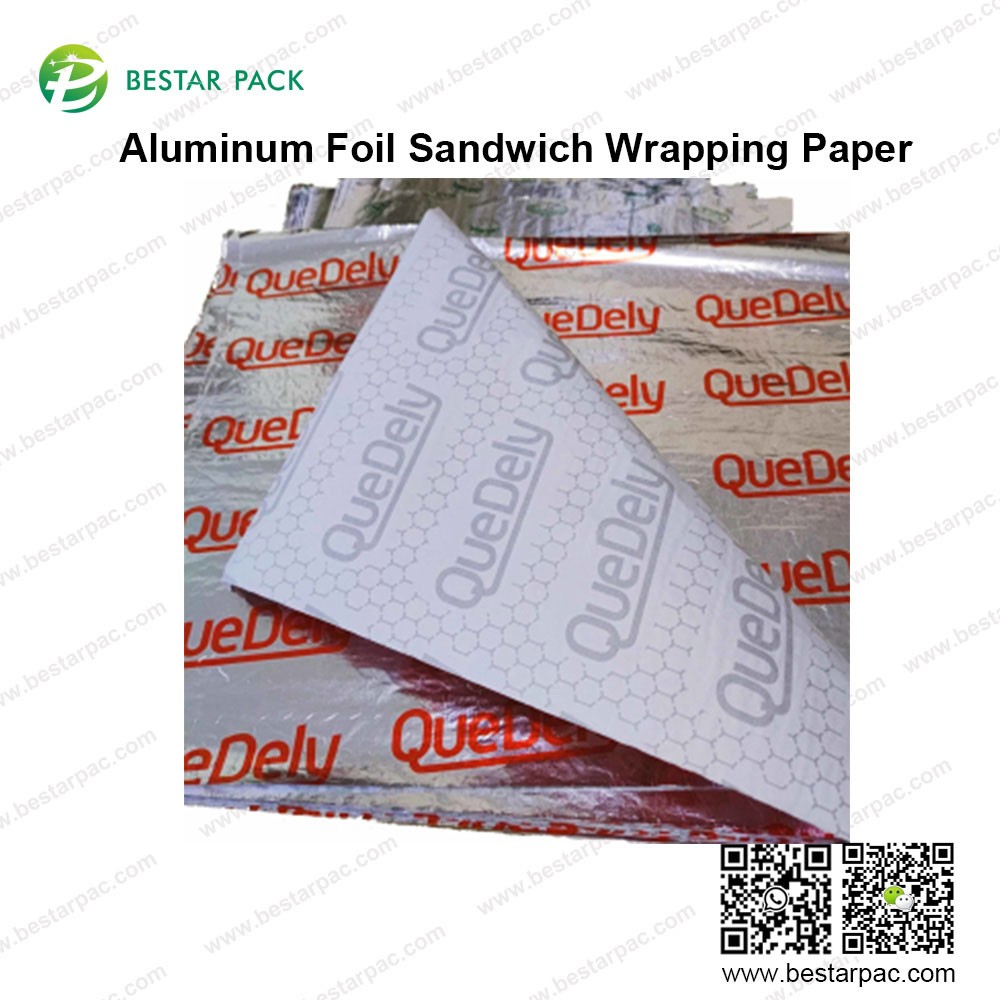Food wrappers, as an indispensable packaging material in the food industry, play a vital role. It not only concerns the hygiene and safety of food, but also affects the quality and taste of food. At the same time, food wrappers also play an irreplaceable role in the transportation, storage and sales of food.
The importance of food wrappers is first reflected in its hygiene and safety performance. Since food wrappers are in direct contact with food, they must be non-toxic, harmless, and meet the safety requirements of food packaging. This requires that the use of raw materials and additives must be strictly controlled during the production process of food wrappers to ensure that they do not contaminate food. At the same time, food wrappers should also have oil resistance, waterproofness, moisture resistance and other properties to prevent food from being contaminated by the external environment during the packaging process.
In addition to hygiene and safety performance, food wrappers are also widely used in the packaging of various types of food. From convenience foods, snack foods to catering, take-out foods, to hot drinks, etc., food wrappers play an important role. For example, in the packaging of beverages such as tea and coffee, paper products such as paper cups and paper bowls have become the mainstream choice. These paper products are not only light and easy to carry, but also can effectively maintain the temperature and taste of drinks.
In addition, food packaging paper is highly praised for its environmental friendliness. Compared with other packaging materials such as plastic, paper packaging products have more advantages in resource utilization and recycling. With the continuous improvement of global environmental awareness, paper food packaging has become one of the best alternatives to non-degradable packaging forms.
